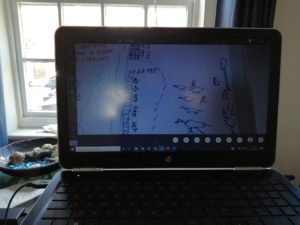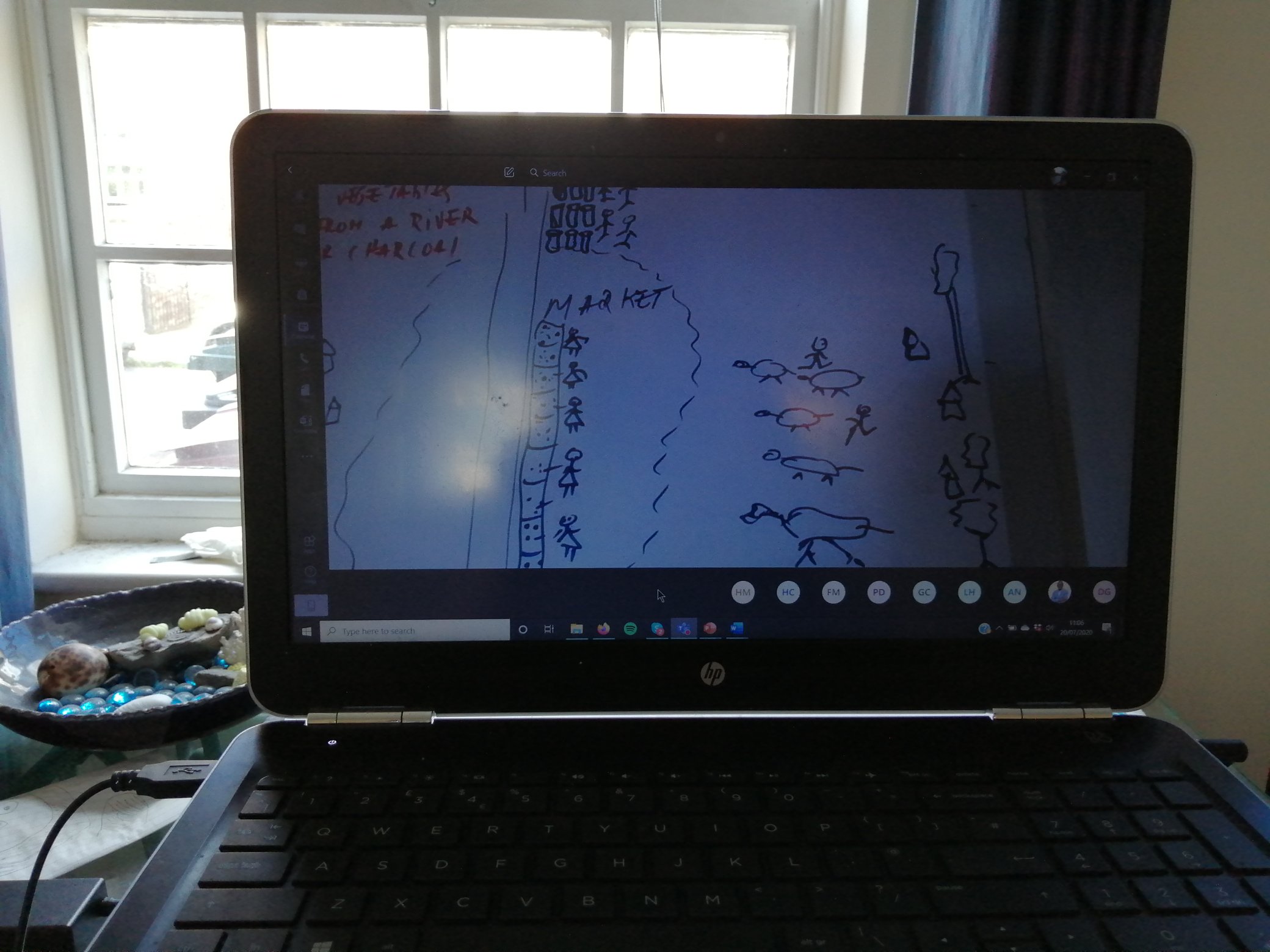PICSA and the Global Pandemic

The world has changed significantly over the past 18 months. Almost everyone and everything has been affected by the global COVID-19 pandemic, and PICSA has been no exception. The imperative to avoid putting others at risk, as well as the travel restrictions imposed in response to the pandemic, have meant that PICSA trainings have looked somewhat different over the past 18 months. Rather than travelling to facilitate PICSA trainings, we have placed more emphasis on online training of in-country experts, and then remotely supporting those experts to train agricultural extension workers and other intermediaries. At times, this has been challenging, especially in terms of practical matters such as unreliable internet connections, working across time zones, and ensuring that training participants have access to all relevant materials. Online training has also meant that the in-person interactions and informal conversations, that are so important for building rapport with partners, have been harder to establish. Nonetheless, through perseverance and the hard work and support of our in-country partners, we have managed to successfully roll-out PICSA training to farmers in several countries (see here for an update on these). We have also conducted insightful evaluations of PICSA work in Tanzania, Malawi and Mozambique (which we explain further here), and published several new articles.
New horizons for PICSA
The past 12 months have also given rise to a number of new opportunities for PICSA work in new locations. In early 2021, we contributed to a ‘needs assessment’ for climate services in Zambia. This work culminated in an ideation workshop aimed at developing accessible and usable climate services for farmers in Zambia, in partnership with GIZ, Bongohive, COMACO, LimaLinks and the Zambia Meteorological Department. This has opened the door for potential future PICSA training in Zambia. Watch this space for 2022!
There are also several other opportunities on the horizon, including work with World Food Programme in India and Tajikistan, the latter of which represents an entirely new context for the PICSA approach and the first time it will be used in central Asia. We are also looking at new work with both WFP and UNDP in Zimbabwe, and are always on the lookout for the chance to take PICSA to new contexts.
In sum, although the past 18 months have been hard, for everyone, there are still plenty of success stories to tell. We have, together with our partners, managed to continue working on PICSA and rolling it out to farmers worldwide. The recent evaluations have shown PICSA is resulting in positive effects for farmers, and our recent publications are promoting the wider influence of this work on climate services. With new and existing opportunities in prospect, we are looking forward to seeing what the next 12 months will bring.

